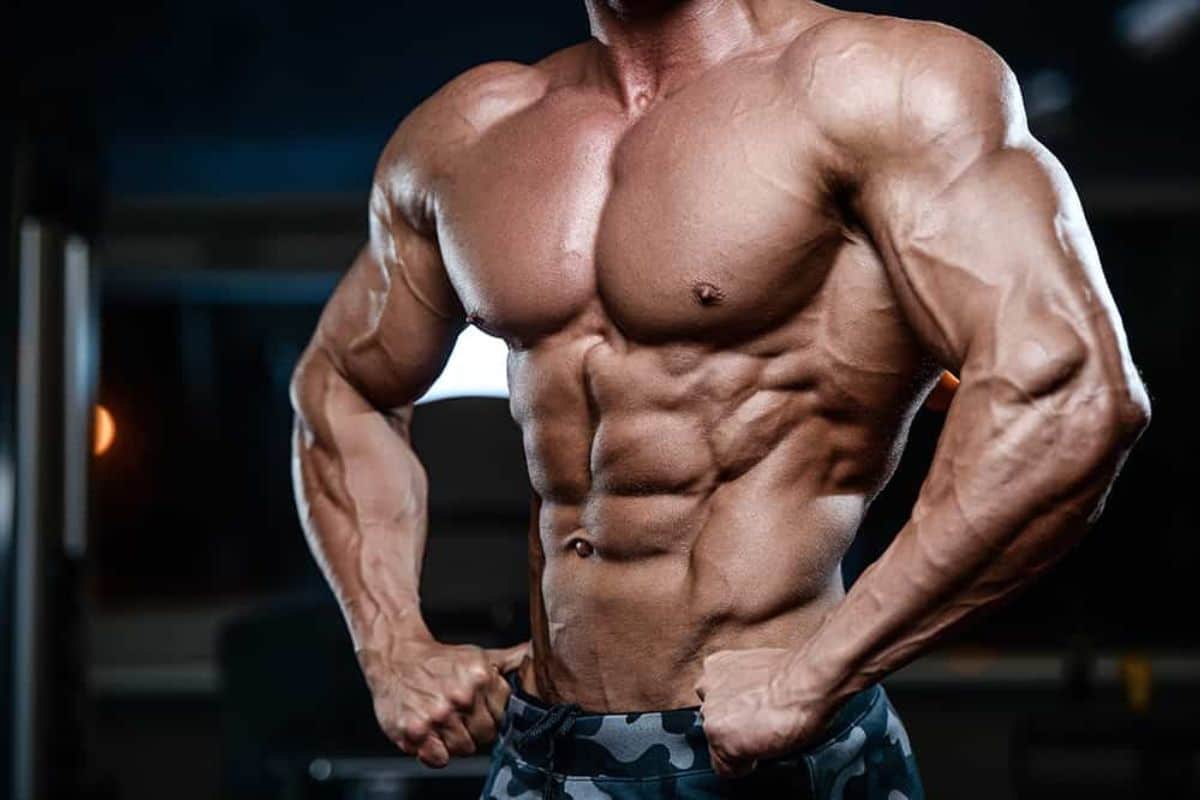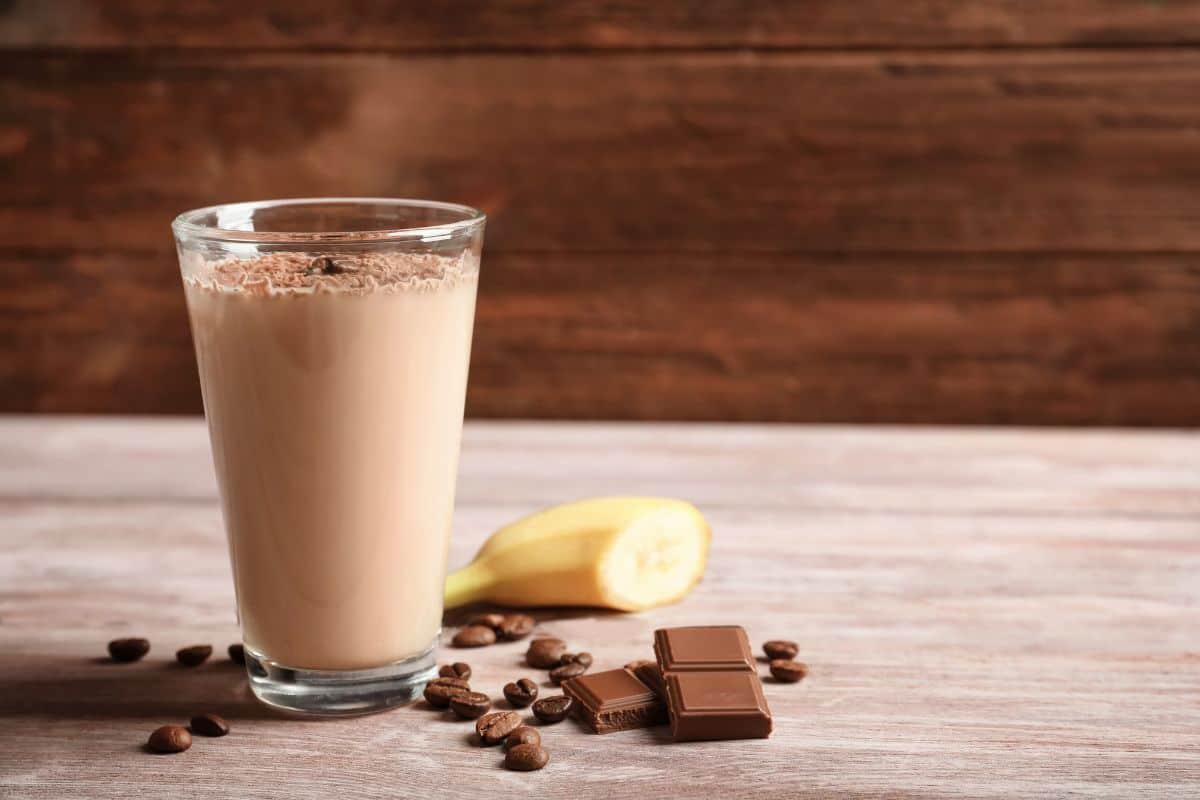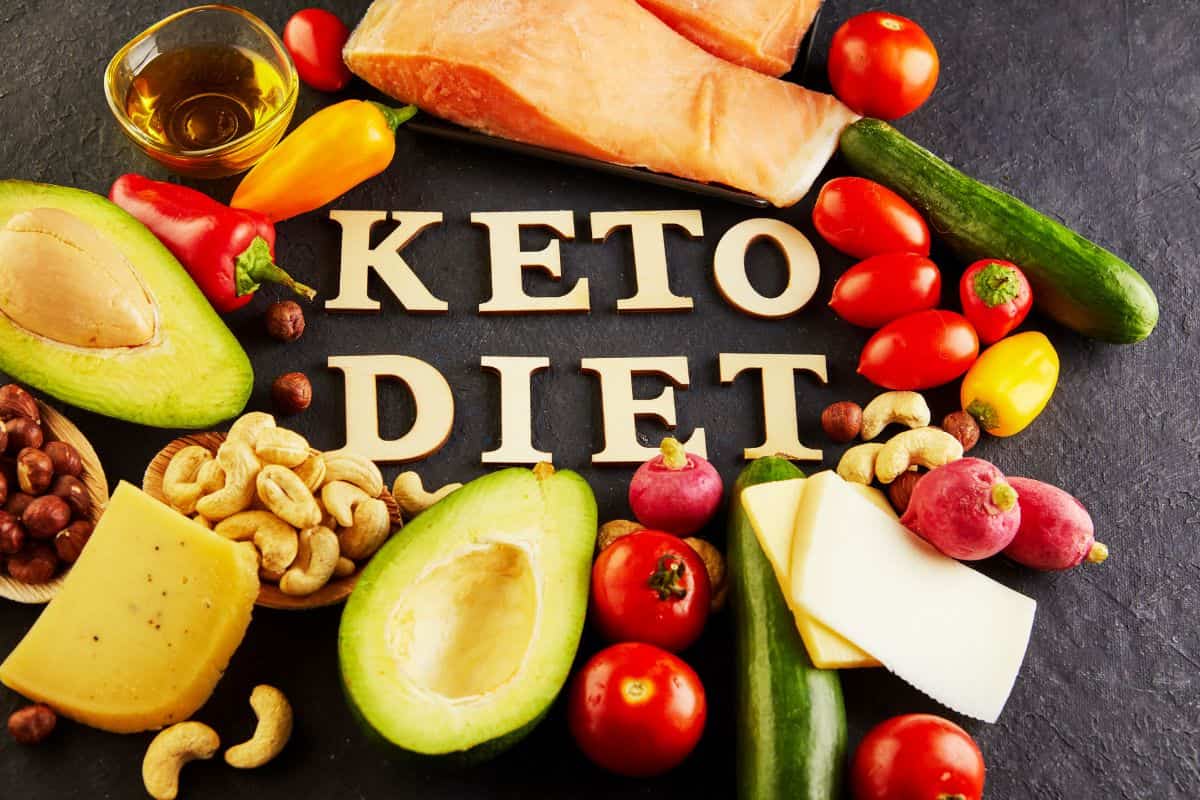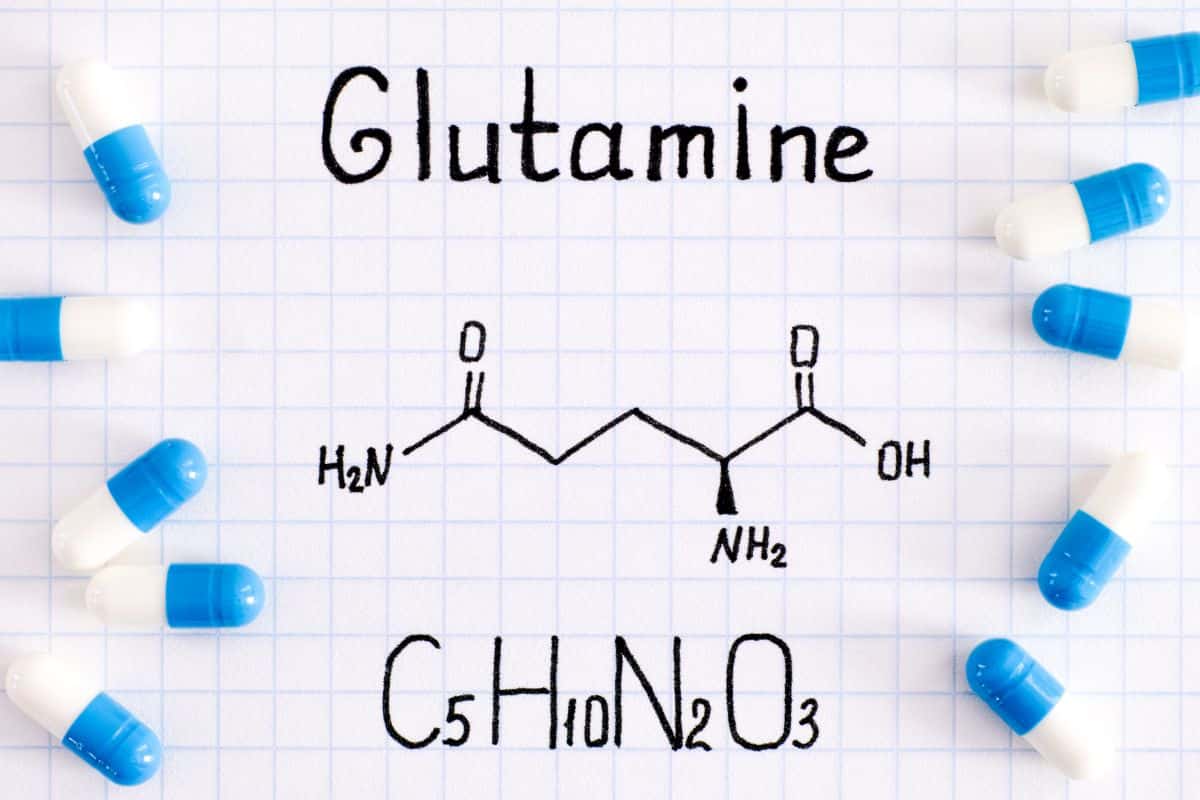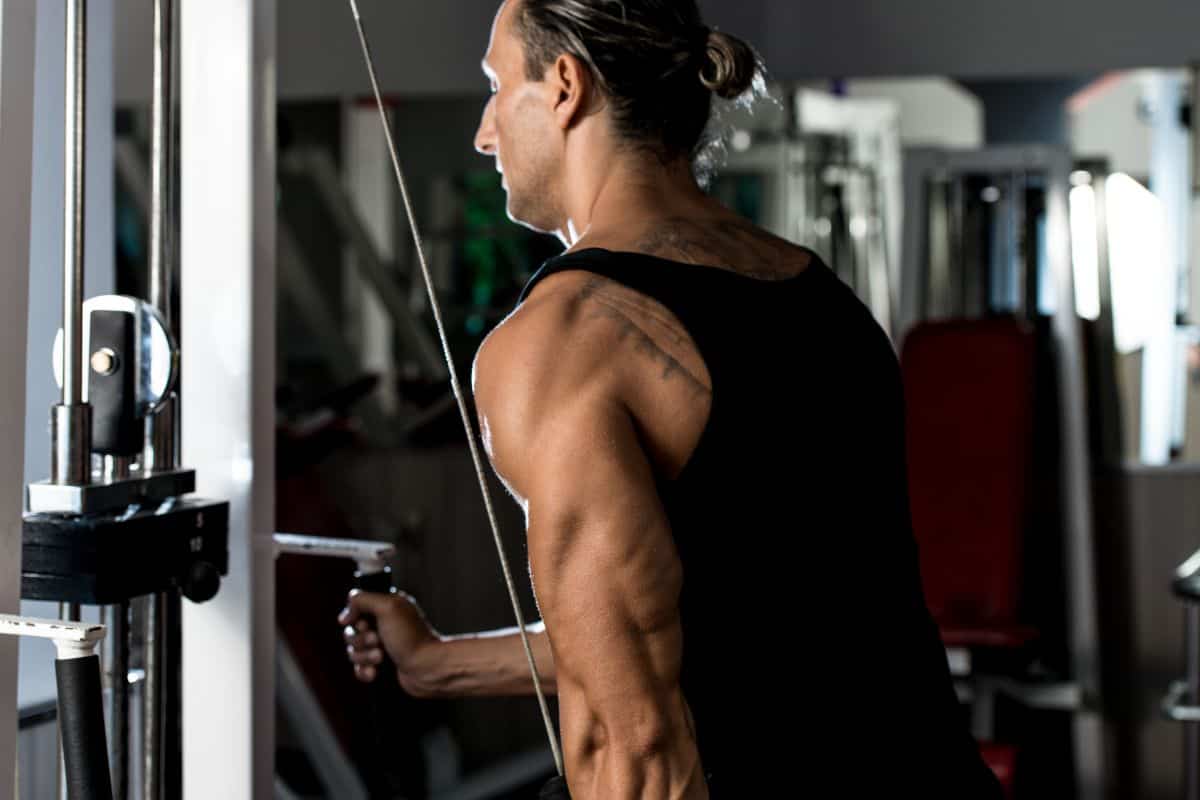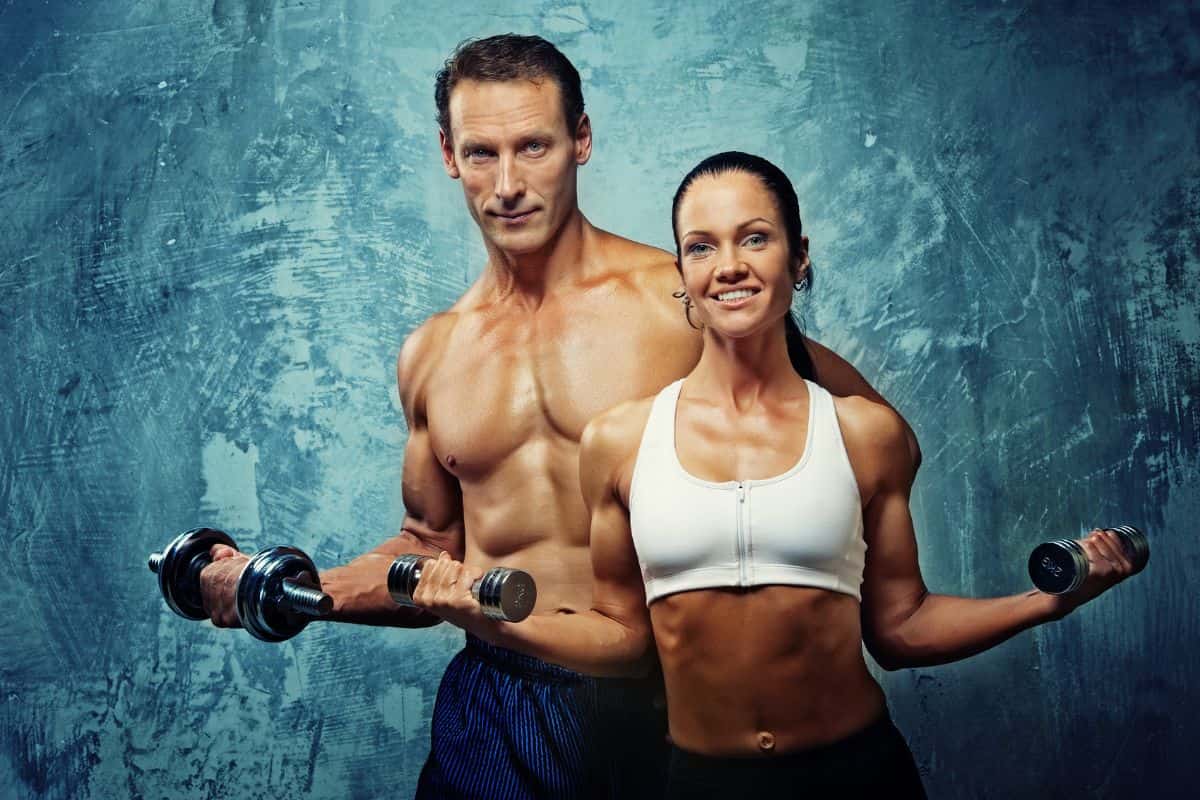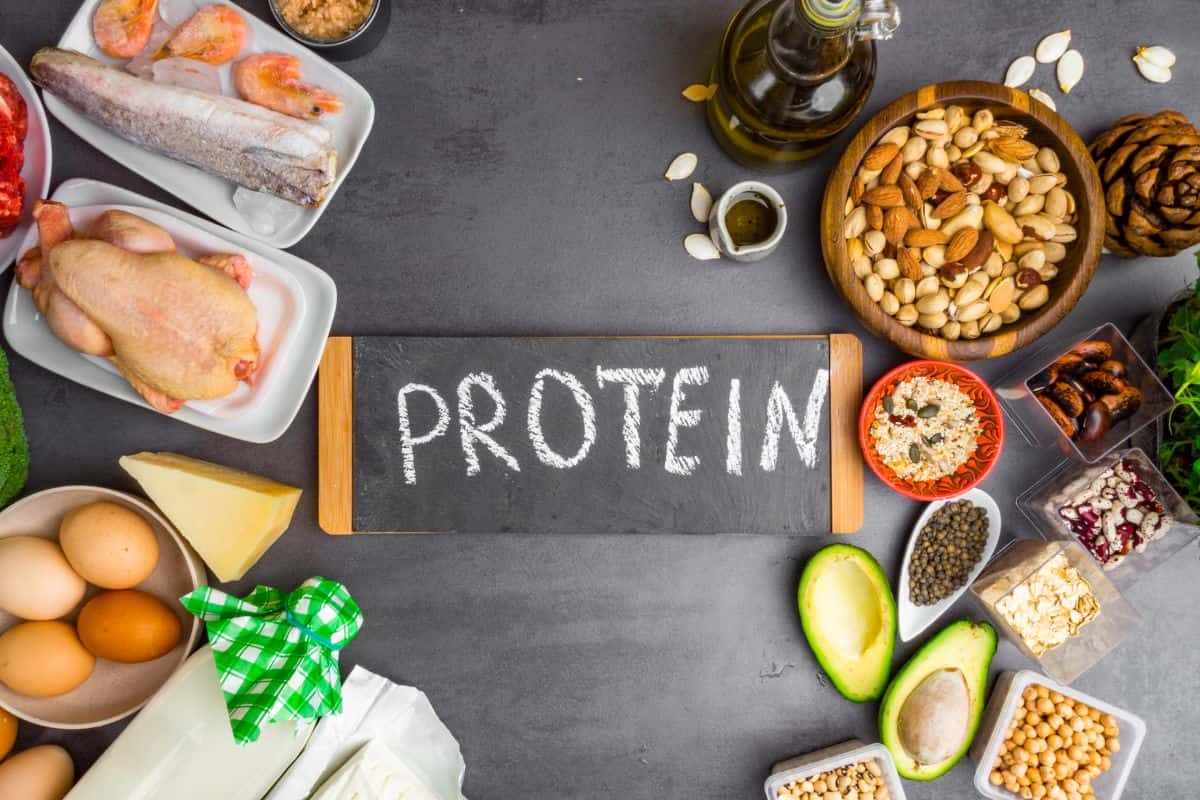Bodybuilding is more than just lifting weights at the gym; it's an art form, a science, and for many, a way of life. It's the process of developing the muscles through specific types of weightlifting exercises, carefully planned diet, and a disciplined lifestyle. Unlike casual weightlifting or fitness training, bodybuilding aims to build the muscles to their fullest potential, sculpting the body into a symphony of strength and aesthetic appeal.
Different Approaches: Natural vs. Steroid-Aided Bodybuilding
Natural Bodybuilding is about achieving the body's full potential without the use of performance-enhancing drugs or steroids. It requires extreme discipline, patience, and a strict adherence to a balanced diet and rigorous training regimen. Many admire this approach for its ethical stance and alignment with healthy living.
Steroid-aided Bodybuilding, on the other hand, involves the use of anabolic steroids and other performance-enhancing substances. This path comes with legal, ethical, and health-related concerns. The debate over the use of steroids in bodybuilding continues to be a contentious issue, with strong opinions on both sides.
South Africa's contribution to bodybuilding is significant, with South African bodybuilders making waves on the international scene. The country has produced a wealth of talent, fostering a thriving community that supports aspiring bodybuilders as they embark on this physically demanding and mentally challenging journey.
Bodybuilding is not merely a pursuit of physical excellence but a lifelong commitment that tests the bounds of one's character, determination, and resilience. Whether one chooses the path of natural bodybuilding, opts for muscle building supplements, or competes at the level of Bodybuilding Mr Olympia, the road to success in bodybuilding is paved with sweat, sacrifice, and a relentless pursuit of greatness.
In the sections that follow, we'll delve deeper into what it takes to be a bodybuilder, from understanding the training and eating regimens to the intriguing world of competitions such as the prestigious Mr Olympia. We will also explore vital aspects such as protein intake, and sleep requirements.
Becoming a Bodybuilder
How Long Does It Take to Be a Bodybuilder?
Embarking on the bodybuilding journey is not a decision to be taken lightly. The time it takes to become a bodybuilder varies widely, depending on several factors such as:
Genetics: Genetics play a crucial role in determining how quickly muscles develop and recover. It's essential to understand one's body and create a tailored approach that aligns with individual capabilities.
Diet and Lifestyle: Achieving a bodybuilder's physique requires more than just lifting weights. A carefully planned diet rich in bodybuilding food and adherence to a disciplined lifestyle is vital. Proper nutrition, including understanding the required grams of protein per kg for bodybuilding, ensures that the muscles have the nutrients they need to grow.
Exercise Routine: A structured bodybuilding workout plan must be followed, focusing on different muscle groups and including a mix of strength training and conditioning exercises.
Natural vs. Steroids Bodybuilding: The path chosen can also impact how long it takes to see results. Natural bodybuilding requires patience and persistence, often taking years to achieve the desired physique. Steroid-aided bodybuilding may offer quicker results but comes with its own set of risks and controversies.
Training Regimen: Bodybuilding Workouts

The road to success in bodybuilding is paved with relentless hard work, dedication, and a well-planned training regimen. Here's a glimpse into what bodybuilding workouts might involve:
Starting Routines: Beginners often start with full-body routines that target major muscle groups, building foundational strength and muscle mass.
Advanced Techniques: As bodybuilders progress, they may shift to split routines, focusing on specific muscle groups each day. Techniques like supersets, drop sets, and pyramid sets become integral, pushing the body to its limits.
Importance of Rest: Bodybuilding is as much about working out as it is about resting. Recovery is vital for muscle growth, and a common question is, "How many hours of sleep for bodybuilding?" The answer typically ranges from 7 to 9 hours, giving the body time to heal and grow.
Nutrition and Diet: Bodybuilding Food
Bodybuilding is not just about what you do in the gym; it's equally about what you put on your plate. Proper nutrition is the cornerstone of successful bodybuilding.
How Many Grams of Protein per kg for Bodybuilding?
Protein is often referred to as the building block of muscle, and its intake is vital for anyone serious about bodybuilding. The general recommendation for bodybuilding is to consume between 1.2 to 2.2 grams of protein per kilogram of body weight daily, depending on individual needs and goals.
Conclusion
Bodybuilding is a multifaceted discipline, combining the relentless pursuit of physical excellence with mental fortitude. Whether you aspire to join the ranks of South African bodybuilders or simply seek to understand bodybuilding, the road ahead demands sweat, sacrifice, and relentless pursuit of greatness.
Though steroids offer a quick route to muscle gain, their use in bodybuilding is filled with ethical, legal, and health-related concerns. Natural bodybuilding represents a path that aligns with healthy living and demands precision in dieting, rigorous training, and an unwavering commitment to excellence.
The journey to becoming a bodybuilder is not for the faint-hearted. It requires a holistic approach that encompasses proper training, diet, rest, and understanding the mental and emotional challenges that come with this demanding pursuit.
South Africa's rich legacy in bodybuilding, the passionate community, and the countless success stories serve as an inspiring beacon for anyone looking to embark on this rewarding yet challenging path. May your journey be filled with achievements, and may you find the strength and determination to overcome all obstacles.



